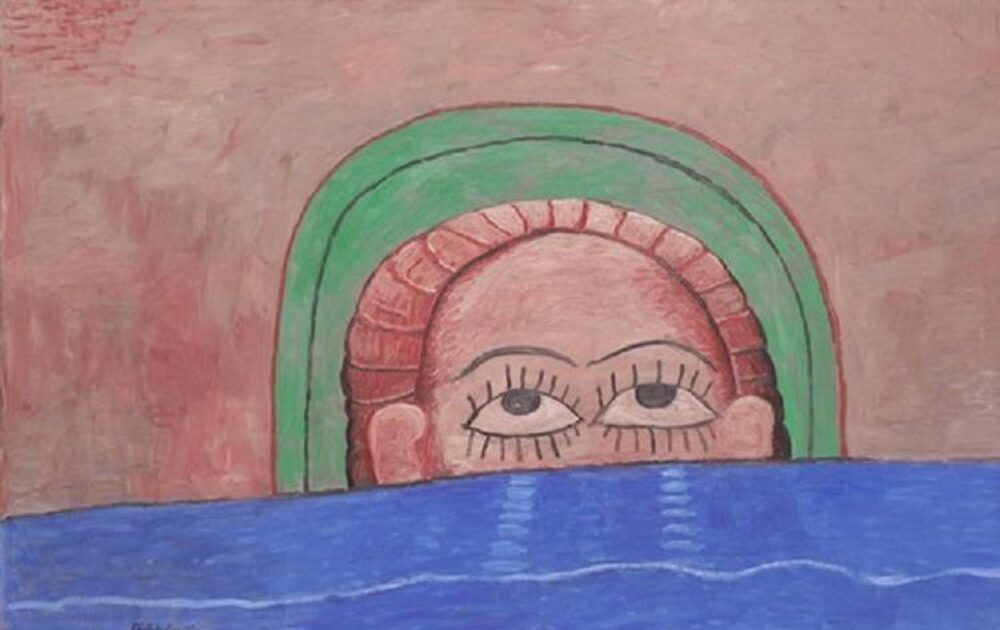These norms weren’t destroyed because of people with bad values. They were destroyed by a plague of nonjudgmentalism, which refused to assert that one way of behaving was better than another. People got out of the habit of setting standards or understanding how they were set.
Earlier this month, David Brooks wrote a column entitled “The Cost of Relativism”. Clearly, in his view, relativism is a dirty word. He accuses “relativism” of causing poverty but he only defines it as “nonjudgementalism”. Where does one find this “nonjudgementalism”? Who among us is non-judgemental? I would argue that all human beings who can function in their own society are judgmental. Each of us can function only when we can judge what behavior is “right” and what behavior is “wrong” for the kind of people “we” believe we are.
Let’s take for an example a stranger who appears at our front door. This situation calls for all kinds of “judgementalism”. Our visitor is a youngish, white male wearing a porkpie hat and pegged jeans. We have never seen him before, he is a perfect stranger.
First of all, we really don’t want to be surprised by the coming interaction, so we draw on the store of knowledge we have acquired directly about what “we” are like and what “they” (strangers) can be like. We then tap into our store of assumptions and feelings about strangers that we have learned from parents and peers. We need to judge whether our visitor is one of “us”. Based on what we can see, we judge that this stranger on our doorstep is probably American, probably talks like an American and probably will behave as most Americans do in this Seattle neighborhood of ours. We make some preliminary judgements based on gender and race. Because of his hat and garb, we sort through what we know and/or believe about “hipsters”. We whittle our general notion of potential male behavior down to this most specific example. We then begin to choose the “right” behavior that we judge this perfectly pegged stranger might be expecting from us.
New and even more complicated judgements are required if we are to enter into a closer relationship with this hipster. What if, for example, he is answering an ad we have placed for a business partner. Why is he is interested in our business? What are his motives? How might his motives be related to his own personal history, where he grew up and how he grew up? This perfect stranger could become the perfect business partner so perhaps we ought to suspend judgement on his slightly off-putting headdress. We don’t want to be hasty; we want to take his measure and figure out “where he is coming from”. Part of learning how to behave is learning how to juggle our judgements, when to suspend them, when to modify them and when to act on them.
This kind of mundane, daily behavior is simply the “cultural relativism” of anthropology writ small.
The thinkers of the Enlightenment celebrated the ability of human beings to think for themselves. Once unleashed, the power of critical thinking dissolved our devotion to a single “true” church and its pre-ordained world. The Enlightenment (in all its philosophical diversity) allowed us to harness hope to our own critical thinking. That is: If we can think, we can also imagine a better reality than the one we inhabit. Anthropology began as a quest to find out if an “other” might, in fact, inhabit a better world or at least give us some pointers about other ways to be human. Cultural relativism as a stance articulated by Western anthropologists suggests (simply) that in order to understand the “other” we need to suspend some of our judgements and try to understand another culture in its own terms. How do these “others” configure their environment? Order their social lives? What are their motives for why they act so differently? What does it mean to them to be “human”? Adopting this stance entails trying to experience human cultural diversity without (insofar as possible) jumping to conclusions based on our own parochial judgements. Why in hell is he wearing that porkpie hat?
This “relativism” I have described is a stance which allows us to hold our judgements lightly and to get over ourselves just enough to unleash the imaginative ability required to see strange people (the “others”) as fellow sufferers; as humans like us.
Ultimately, it is this basic imaginative ability that threatens David Brooks and the people to whom he is whistling. More to come.
